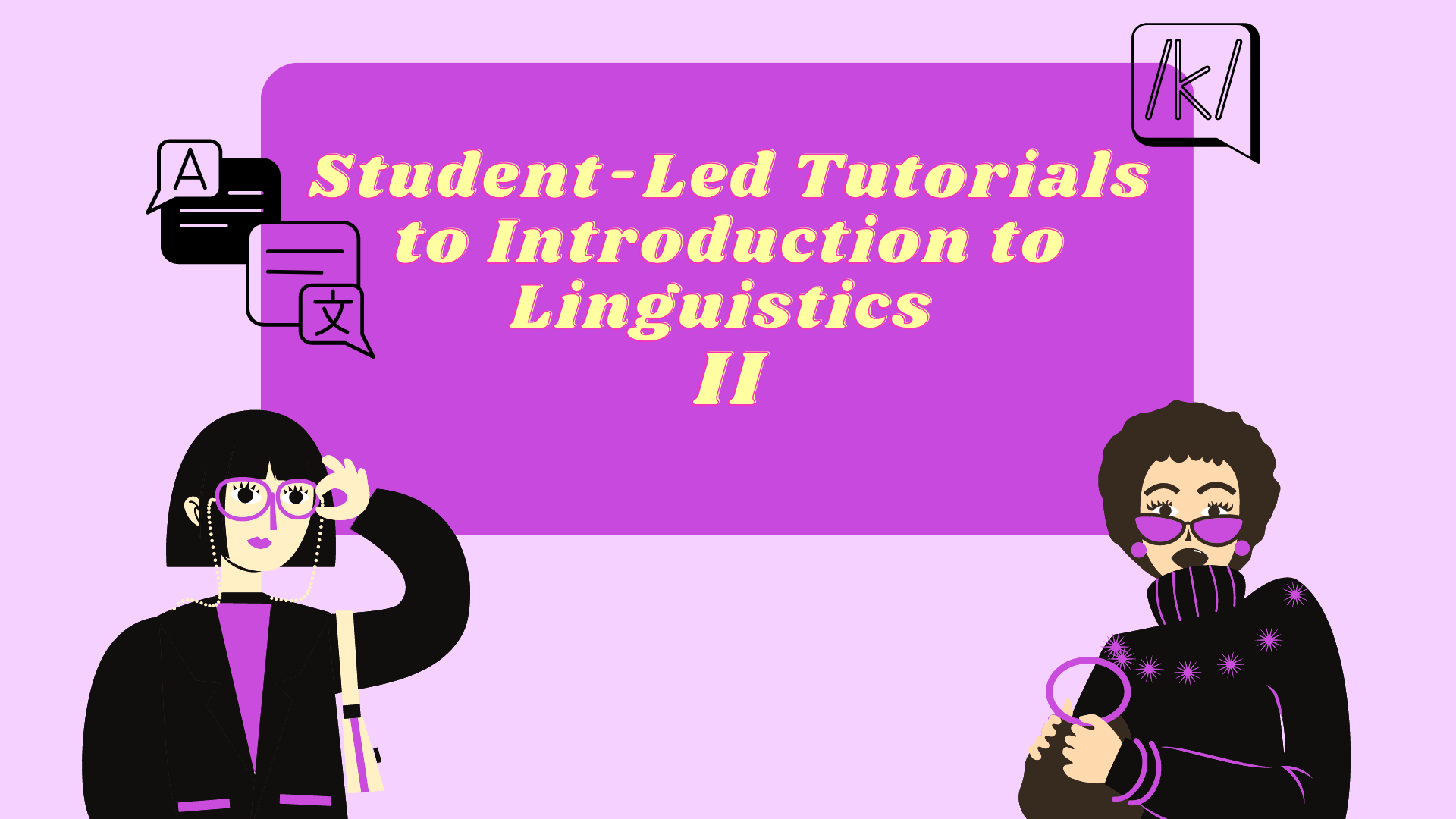Liebe Studierende,
in diesem Moodle-Kurs können Sie sich für eine Sprechstunde bei mir anmelden.
Freundliche Grüße
Tilmann Wilton
- Lehrende(r): Tilmann Wilton
Liebe Studierende,
in diesem Moodle-Kurs können Sie sich für eine Sprechstunde bei mir anmelden.
Freundliche Grüße
Tilmann Wilton
Die Art und Weise, wie wir Kommunikation organisieren und wie wir kommunikative Äußerungen sprachlich gestalten, ist ganz wesentlich von den Zeitlichkeitsbedingungen geprägt, unter denen Kommunikation stattfindet: In gesprochener Sprache sind Äußerungen flüchtig und irreversibel und die Gesprächsbeteiligten nehmen sich kontinuierlich in all ihren Verhaltensäußerungen wechselseitig wahr (Synchronisierung). Beim sprachlichen Handeln mit Texten hingegen wird die Flüchtigkeit der Sprachäußerung dadurch überwunden, dass Sprache unter Rückgriff auf ein Schriftsystem auf einem externen, flächigen Träger (Papyrus, Pergament, Papier, digitaler Träger) fixiert wird, auf dem alle Elemente der Äußerung simultan präsent zur Verfügung stehen. Solange sie nicht an die Rezipient:innen herausgegeben werden, sind schriftliche Äußerungen zudem reversibel und können von der oder dem Schreibenden beliebig oft wiedergelesen, evaluiert und überarbeitet werden. Im Prozess des Lesens hingegen arbeiten die Leserin und der Leser mit dem Äußerungsprodukt; wie sie damit umgehen und welche Sinnzuschreibungen sie zum Text vornehmen, kann von der Verfasserin bzw. dem Verfasser bei der Planung und Gestaltung der Textäußerung zwar zu einem gewissen Grad antizipiert werden, entzieht sich jedoch seinem bzw. ihrem unmittelbaren Zugriff.
Im Seminar werden wir anhand ausgewählter Ausschnitte aus der wissenschaftlichen Diskussion um die Besonderheiten von gesprochener und geschriebener Sprache zunächst grundlegende Konzepte erarbeiten, die für die Klärung der Zeitlichkeitsbedingungen in mündlichen Gesprächen, bei der Textproduktion und beim sprachlichen Handeln mit Texten benötigt werden. Anschließend werden wir für ausgewählte Bereiche des sprachlichen Handelns herausarbeiten, wie die die jeweiligen Zeitlichkeitsbedingungen die sprachliche Gestaltung von Kommunikation beeinflussen.
Die Grundlage für die Erarbeitung der Seminarinhalte bilden Konzepte der Linguistischen Pragmatik, der Interaktionalen Linguistik, der Geschichte von Schrift und Schriftlichkeit und der Textlinguistik, die gemeinsam im Seminar erarbeitet werden. Daneben werden wir zu Beginn des Seminars anhand ausgewählter Primär- und Sekundärtextausschnitte einen (angeleiteten) Streifzug durch philosophische Konzeptionen von Zeit und Zeitlichkeit unternehmen.
Die zentrale Arbeitsform des Seminars bildet die
individuelle und kooperative Bearbeitung von Lektüreaufgaben zu
grundlegender linguistischer Literatur, deren Ergebnisse in
Präsenzdiskussionen gesichert und vertieft werden. Dabei werden neben
der „klassischen“ Seminardiskussion insbesondere lernendenzentrierte
Formen der Auseinandersetzung mit dem Thema um Einsatz kommen. Das
Seminarkonzept verbindet die gemeinsame Arbeit in Präsenzsitzungen mit
intensiven Gruppenarbeitsphasen, in denen wir verschiedene digitale
Werkzeuge nutzen werden (insbesondere die Moodle-Funktion TEXTLABOR und
punktuelle Video-Meetings).

Dieser Kurs dient der testweisen Anwendung von Moodle-Applikationen und der Evaluation der Möglichkeiten zum Einsatz in realen Lehrveranstaltungen der Politikwissenschaft.

Liebe Master-Studierende,
dies ist der entsprechende Moodle-Kurs zum Seminar "Transparenz, Ethik und Öffentlichkeit in der (digitalen) Demokratie" (WS 22/23). Das Passwort für den Zugang wird Ihnen per Mail sowie in der ersten Seminarsitzung mitgeteilt.
Liebe Master-Studierende,
dies ist der entsprechende Moodle-Kurs zum Seminar "Transparenz, Ethik und Öffentlichkeit in der (digitalen) Demokratie" (WS 23/24). Das Passwort für den Zugang wird Ihnen in der ersten Seminarsitzung mitgeteilt.
Liebe Master-Studierende,
dies ist der entsprechende Moodle-Kurs zum Seminar "Transparenz, Ethik und Öffentlichkeit in der (digitalen) Demokratie". Das Passwort für den Zugang wird Ihnen per Mail sowie in der ersten Seminarsitzung mitgeteilt.
Liebe Master-Studierende,
dies ist der Moodle-Kurs für das Seminar Transparenz, Ethik und Öffentlichkeit in der Demokratie. Das Seminar richtet sich an Studierende des Masterstudiengangs "Politikmanagement, Public Policy und öffentliche Verwaltung".
Treue, Trieb und Trauma (Lit III) – SoSe 24
Zur Konstruktionen und Dekonstruktion bürgerlicher Geschlechterrollenbilder von der Décadence bis zur neuen Sachlichkeit.
Literaturhistorische Seminare
Moodle (https://moodle.uni-due.de/): Treue, Trieb und Trauma - Zugangsschlüssel: TrTrTr2023
Seminarbeschreibung
Gleichheit und Differenz als Frage nach Gleichwertigkeit bzw. einem genuin "Weiblichen" und einem genuin „Männlichen“ insbesondere im Kontext bürgerlicher Moralkonstruktion des 19. Jahrhunderts werden in diesem Seminar anhand ausgewählter Texte diskutiert – nicht zuletzt unter Berücksichtigung männlicher und weiblicher Autorschaft.
Konstruierte defizitäre Weiblichkeit versus toxisch-wilhelminische Männlichkeit: Dies sind die beiden Geschlechterpole, zwischen denen wir uns bewegen werden.
Neben den literarischen Werken betrachten wir auch philosophisch abgründige Texte jener Zeit (wie z.B. Otto Weinigers „Geschlecht und Charakter“ (1903)), in denen Misogynie und Körperfeindlichkeit auch wissenschaftlich zu untermauern versucht wurde.
Das 19. Jahrhundert war geprägt vom aufstrebenden Bürgertum, einer neuen Mittel- und Oberschicht, die zwar einen starken wirtschaftlichen Aufstieg erlebte, jedoch von politischer Mitsprache weitgehend ausgeschlossen war. Im Zuge dieses Dilemmas, einem umfassenden Ängste-Portfolio und dem damit verbundenen sozialen Definitionsstreben begann sich im 19. Jahrhunderts ein rigider bürgerlicher Moralcodex auszuformen, der insbesondere die strikte Zuweisung polarer Geschlechterrollen auf die strukturellen gesellschaftlichen Bereiche privater Raum (für die Frauen) und öffentlicher Raum (für die Männer) zur Folge hatte.

Beschreibung:
Ziel der Vorlesung ist eine Einführung
in die Strömungsmechanik reibungsbehafteter turbulenter Fluide.
Strömungen treten in zwei verschiedenen Formen auf, als laminare und als
turbulente Strömungen. Laminare Strömungen können exakt modelliert
werden. Turbulente Strömungen, die für nahezu alle technischen
Anwendungen relevant sind, sind auf Grund ihres stochastischen
Charakters jedoch nur näherungsweise zu erfassen. Die Vorlesung
analysiert die Struktur der turbulenten Strömungen, und baut darauf die
Behandlung der wichtigsten Ansätze zur Berechnung turbulenter
Strömungen. Grobgliederung:
1) Entstehung der Turbulenz
2) Statistische Erfassung der Turbulenz
3) Struktur der turbulenten Strömungen
4) Simulation der Turbulenz – LES und DNS
5) Reynolds-gemittelte Gleichungen
6) Ansätze zur Turbulenzmodellierung
7) Kompressible turbulente Strömungen
Lernziele:
Verständnis der modernen Methoden der Evaluierung der Effekte der Turbulenz
This is the Moodle-Room for the group 3 and 7 of the tutorials to "Introduction to Linguistics I" . The tutorial is a complement to the lecture "Introduction to Linguistics I". It provides further examples for illustration and offers you the chance to apply the concepts introduced in the lecture. You are expected to prepare weekly worksheets and participate actively in class. LSF registration is required.
This is the Moodle course of the tutorial to the lecture "Introduction to Linguistics I" (Group 7, WiSe 22/23). This tutorial is a complement to the lecture
"Introduction to Linguistics I". It provides further examples for
illustration and offers you the chance to apply the concepts introduced in the
lecture. You are expected to prepare weekly worksheets and participate actively
in class. LSF registration is required.
This is the Moodle course of the tutorial to the lecture "Introduction to Linguistics I" (Group 7, WiSe 23/24). This tutorial is a complement to the lecture
"Introduction to Linguistics I". It provides further examples for
illustration and offers you the chance to apply the concepts introduced in the
lecture. You are expected to prepare weekly worksheets and participate actively
in class. LSF registration is required.
This is the Moodle page for the optional student-led tutorials for "Introduction to Linguistics II - Diachronic and Applied Perspectives".

This is the Moodle page for the optional student-led tutorials for "Introduction to Linguistics II - Diachronic and Applied Perspectives".

This is the Moodle page for the optional student-led tutorials for "Introduction to Linguistics II - Diachronic and Applied Perspectives".

This is the Moodle course for the optional tutorials to the lecture "Introduction to Linguistics II: Diachronic and applied perspectives".
Dies ist ein Moodle Raum für das Tutorium Chemie, welches im Rahmen des Lehrkräfte PLUS Programms angeboten wird.
Liebe Studierende,
Herzlich Willkommen.
Dies ist eines der Tutorien, welches parallel zur Vorlesung "Einführung in das wissenschaftliche Arbeiten" statt findet. Gemeinsam beschäftigen wir uns mit wissenschaftlichem Arbeiten und Arbeitstechniken. Das Tutorium stellt eine Art Begleitung für Sie, für das erste Fachsemester, dar.
In diesem Moodlekurs werden wöchentlich die Folien hochgeladen, welche wir uns in den Präsenzsitzungen anschauen.
Ich freue mich auf Sie.
Gretha Ophelia Borgsmüller
Dies ist der Moodle Kurs für das Tutorium zur Vorlesung "Einführung ins Wissenschaftliche Arbeiten" im Studiengang Soziale Arbeit. Die Kurszeit ist Mittwochs von 8 bis 19:30 und 12 bis 13:30 Uhr (ab 21. April). Das Passwort zum Kurs lautet "wissenschaft".
Moodle-Kurs der Tutorien für die Einführungsseminar der Mittelalterlichen Geschichte im WiSe 20/21.